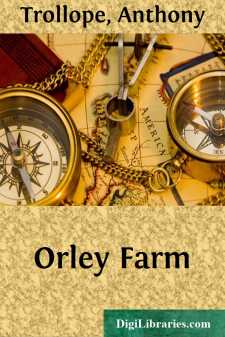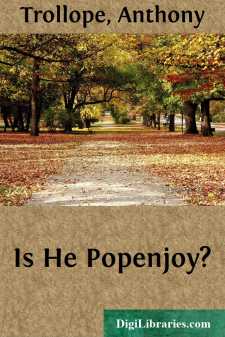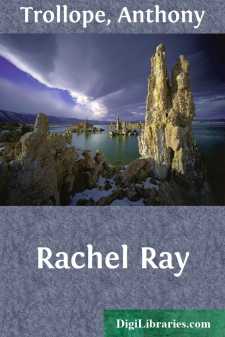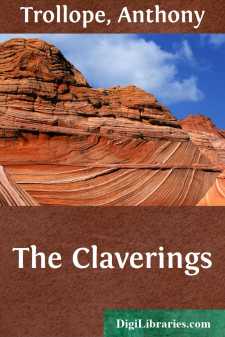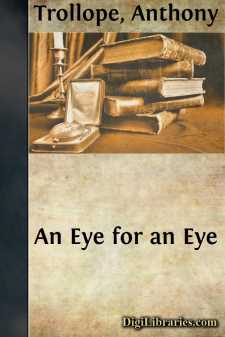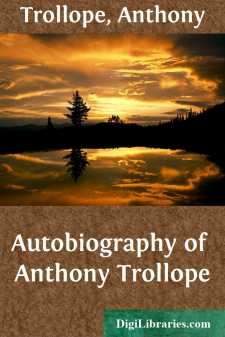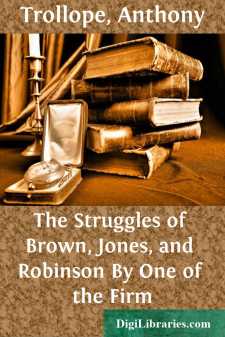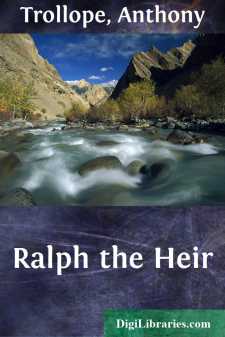Categories
- Antiques & Collectibles 13
- Architecture 36
- Art 48
- Bibles 22
- Biography & Autobiography 813
- Body, Mind & Spirit 142
- Business & Economics 28
- Children's Books 14
- Children's Fiction 11
- Computers 4
- Cooking 94
- Crafts & Hobbies 4
- Drama 346
- Education 46
- Family & Relationships 57
- Fiction 11828
- Games 19
- Gardening 17
- Health & Fitness 34
- History 1377
- House & Home 1
- Humor 147
- Juvenile Fiction 1873
- Juvenile Nonfiction 202
- Language Arts & Disciplines 88
- Law 16
- Literary Collections 686
- Literary Criticism 179
- Mathematics 13
- Medical 41
- Music 40
- Nature 179
- Non-Classifiable 1768
- Performing Arts 7
- Periodicals 1453
- Philosophy 64
- Photography 2
- Poetry 896
- Political Science 203
- Psychology 42
- Reference 154
- Religion 513
- Science 126
- Self-Help 84
- Social Science 81
- Sports & Recreation 34
- Study Aids 3
- Technology & Engineering 59
- Transportation 23
- Travel 463
- True Crime 29
Orley Farm
by: Anthony Trollope
Categories:
Description:
Excerpt
It is not true that a rose by any other name will smell as sweet. Were it true, I should call this story "The Great Orley Farm Case." But who would ask for the ninth number of a serial work burthened with so very uncouth an appellation? Thence, and therefore,—Orley Farm.
I say so much at commencing in order that I may have an opportunity of explaining that this book of mine will not be devoted in any special way to rural delights. The name might lead to the idea that new precepts were to be given, in the pleasant guise of a novel, as to cream-cheeses, pigs with small bones, wheat sown in drills, or artificial manure. No such aspirations are mine. I make no attempts in that line, and declare at once that agriculturists will gain nothing from my present performance. Orley Farm, my readers, will be our scene during a portion of our present sojourn together, but the name has been chosen as having been intimately connected with certain legal questions which made a considerable stir in our courts of law.
It was twenty years before the date at which this story will be supposed to commence that the name of Orley Farm first became known to the wearers of the long robe. At that time had died an old gentleman, Sir Joseph Mason, who left behind him a landed estate in Yorkshire of considerable extent and value. This he bequeathed, in a proper way, to his eldest son, the Joseph Mason, Esq., of our date. Sir Joseph had been a London merchant; had made his own money, having commenced the world, no doubt, with half a crown; had become, in turn, alderman, mayor, and knight; and in the fulness of time was gathered to his fathers. He had purchased this estate in Yorkshire late in life—we may as well become acquainted with the name, Groby Park—and his eldest son had lived there with such enjoyment of the privileges of an English country gentleman as he had been able to master for himself. Sir Joseph had also had three daughters, full sisters of Joseph of Groby, whom he endowed sufficiently and gave over to three respective loving husbands. And then shortly before his death, three years or so, Sir Joseph had married a second wife, a lady forty-five years his junior, and by her he also left one son, an infant only two years old when he died.
For many years this prosperous gentleman had lived at a small country house, some five-and-twenty miles from London, called Orley Farm. This had been his first purchase of land, and he had never given up his residence there, although his wealth would have entitled him to the enjoyment of a larger establishment. On the birth of his youngest son, at which time his eldest was nearly forty years old, he made certain moderate provision for the infant, as he had already made moderate provision for his young wife; but it was then clearly understood by the eldest son that Orley Farm was to go with the Groby Park estate to him as the heir. When, however, Sir Joseph died, a codicil to his will, executed with due legal formalities, bequeathed Orley Farm to his youngest son, little Lucius Mason.
Then commenced those legal proceedings which at last developed themselves into the great Orley Farm Case. The eldest son contested the validity of the codicil; and indeed there were some grounds on which it appeared feasible that he should do so....


